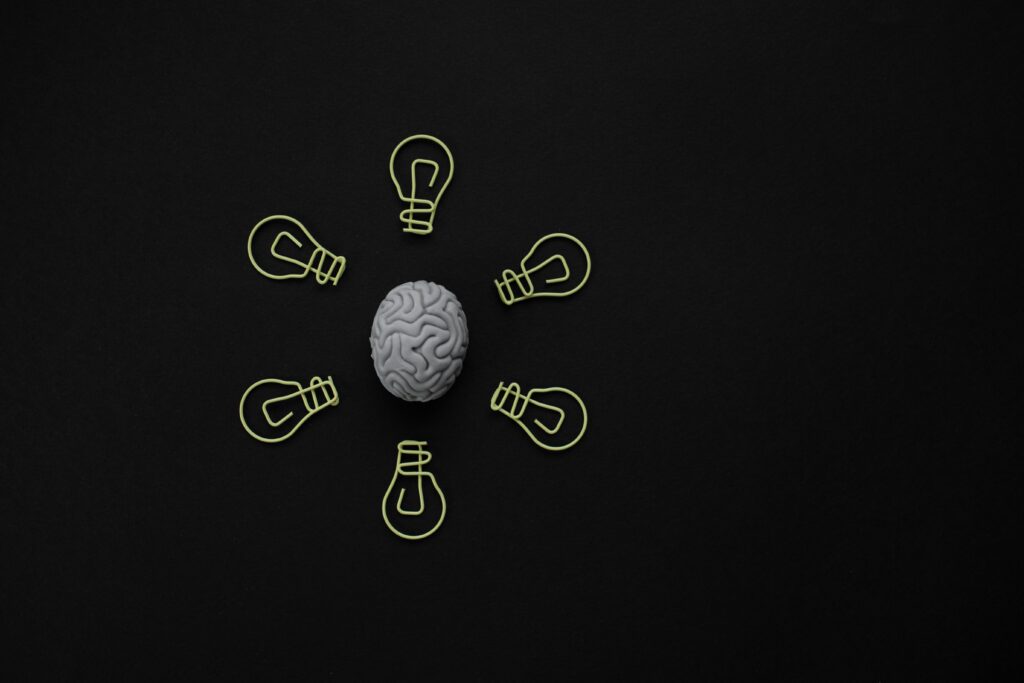In today’s ever-evolving work landscape, it’s refreshing to see organizations finally acknowledging the pivotal role of diversity, equity, inclusion, and belonging (DEIB) in cultivating a thriving workplace. At the same time, the growing recognition of mental health’s significance reflects employers’ understanding that the well-being of their employees is integral to overall organizational success.
As Mental Health Awareness Month draws to a close, it’s crucial to remember that our dedication to mental health should extend far beyond a specific time frame. It’s time to recognize and embrace the profound connection between diversity, inclusion, and mental well-being!
DEIB and Mental Health
Let’s take a closer look at how DEIB efforts directly influence mental health:
Creating Psychological Safety
Creating an inclusive and respectful workplace where employees feel embraced, valued, and respected has a profound impact on their mental well-being. In this environment, known as psychological safety, individuals can freely express themselves without fear of judgment or unfair treatment.
This fosters open dialogue and creates a safe space where employees feel comfortable seeking the help they need. By prioritizing psychological safety, you unlock the true potential of your team, allowing them to flourish personally and professionally while fostering a culture of open communication and support. It’s like witnessing a breathtaking transformation, as each individual becomes their most authentic self!
Building Resilience
DEIB initiatives are like nurturing gardens that foster resilience in individuals from diverse backgrounds. It provides a supportive environment for personal growth, equipping employees with the tools to overcome adversity, including experiences of discrimination.
Within this nurturing environment, individuals develop valuable coping skills and a strong sense of self-efficacy. It’s like tending to a garden, where it grows deep roots and thrives. These skills empower individuals to navigate challenges and maintain positive mental health, creating a workplace where everyone’s resilience can bloom and flourish.
Enhancing Employee Engagement
When you embrace and recognize the unique perspectives and contributions of your employees, something extraordinary happens. They become more engaged and committed to their work, experiencing increased job satisfaction and a profound sense of fulfillment.
The inclusive nature of DEIB efforts acts as a supportive network, helping employees effectively cope with stress and fostering a healthier work environment where everyone can thrive together.
Integrating DEIB and Mental Health
To effectively integrate mental health and DEIB efforts, leadership plays a crucial role. Effective leaders prioritize mental health and DEIB hand in hand, creating a workplace where every individual feels valued, supported, and empowered to bring their whole selves to work.
One of the key responsibilities of leadership is to offer training programs and workshops that raise awareness about mental health, promote empathy, and equip employees with the tools to support their colleagues.
As trusted experts in training and development, we specialize in customized training programs that equip organizations with the knowledge and tools to support employee mental health. Our comprehensive training, tailored to meet specific organizational needs, results in a thriving work culture, where employees are happy and empowered.
To further support organizations in their DEIB journey, LinkedIn has introduced a special offer. They have created DEI Actions for Individual Contributors Learning Path, which features Catherine’s course, “Bystander Training: From Bystander to Upstander.” The course is available for free until the end of the month, providing an opportunity for individuals to enhance their knowledge and skills in promoting DEIB and how to contribute meaningfully as an ally in your organization.
It’s important to remember that an inclusive and mentally healthy workplace doesn’t just benefit individuals, but also contributes to the organization as a whole.
Written by: Cleo Tubon



